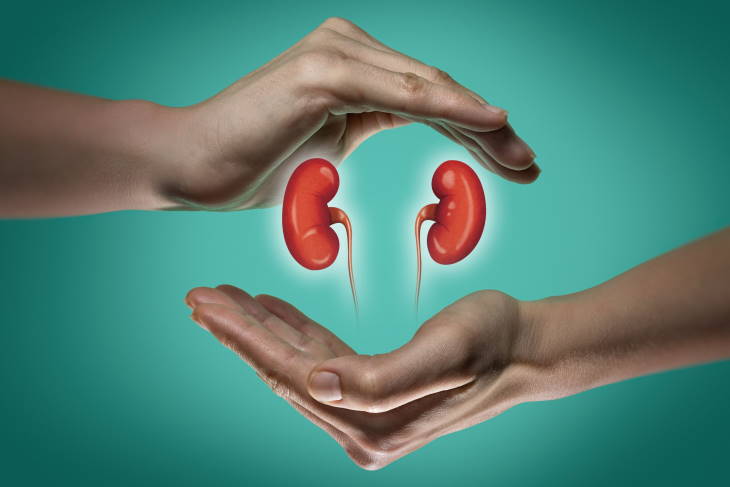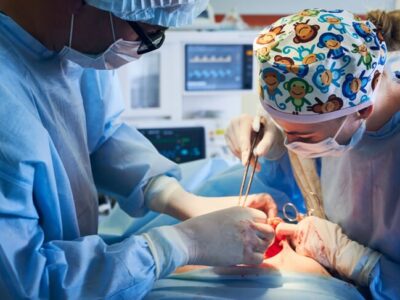WHAT IS A KIDNEY TRANSPLANT?
Your kidneys help remove wastes and any kind of extra fluid from your body along with working and eliminating the acid produced by the body’s cells and maintaining a healthy balance of various kinds of salts, minerals and water in your blood.
When kidneys fail, an external kind of treatment is needed to help perform all the functions that the organ can no longer do. To achieve this, medical sciences have created two types of treatments – Dialysis or A Kidney Transplant. While many might feel choosing dialysis may be easier, a kidney transplant can offer you more freedom and a better quality of life than dialysis.
FAQs ON KIDNEY TRANSPLANT?
1. What is the duration of a kidney transplant surgery and how should I prepare for it?
A kidney transplant surgery generally takes 2-3 hours as it is performed with the patient being under general anaesthesia. One should not eat or drink anything including water till midnight the day before the surgery has to be done. It is also better to avoid heavy meals the evening before surgery.
2. What is the success rate of a kidney transplant surgery?
The success rate of kidney transplant surgery in India is one of the highest in the world with the current rate being around 90%. There are a lot of factors that influence this statistic such as the choice of healthcare institute, the expertise of the surgeon, the kind of post-operative care received, the tissue-matching compatibility of the donor and whether or not the donor is related to the patient by blood. A lot of times post-surgical infections pose as major risk factors that may affect the success rate.
3. Why do I need a kidney transplant? Can I not be on dialysis?
The process of dialysis takes place when a hemodialyzer machine performs the job of filtering and purifying a person’s blood. However, since the kidney is also responsible for performing various other functions, like producing hormones that help in regulating blood pressure and maintain an electrolyte balance, the process does not ensure complete replaceability of the kidney. This procedure is a costly affair where the patient has to visit a dialysis centre regularly to get it done as over a period of time, it makes your blood super-clean and depletes nutrients that result in the blood getting more and more toxic until the next dialysis session.
On the other hand, a kidney transplant works out to be more economical than lifelong dialysis. Other than letting the patient experience a normal life it also increases the survival chances and life expectancy of the patient.
After a successful transplant, a patient can live a normal, and healthy life along with indulging in various kinds of physical activities like swimming, cycling, etc.
However, a person on dialysis will not be able to lead a normal healthy life because of his/her dependency on a dialysis centre. Therefore, kidney transplantation is known to be the best treatment option for a person with end-stage kidney disease.
4. Will my new kidney start working immediately after its transplant?
The dependence of a new kidney beginning its work is on how good a match it is to the recipient’s body. A donated kidney from a blood relative is known to begin performing its functions quicker than a cadaveric kidney. This happens as a result of the matching of the tissue type and better blood connection of the family member. Therefore depending on these factors, a new kidney can start working the same day or take a few weeks to begin functioning after the surgery.
5. What will be my life expectancy after a kidney transplant?
Patients of the age group of 40-50 generally have a life expectancy of around 20-22 years after a kidney transplant surgery, while the ones above 50 generally have 15-20 years ahead of them.
6. Why is the existing failed kidney not removed when a new kidney is transplanted?
After thorough years of medical research, it has been found out that removing the existing failed kidneys from a patient while transplanting the new donated kidney increases the chances of surgical complications and sometimes may even lead to death. Therefore, to avoid any kind of complications, the failed kidneys are left in place and the new kidney is transplanted in the lower part of the abdomen of the patient.
7. When is the best time to get a kidney transplant?
The best time to get a transplant is even before you begin the process of dialysis or you find a matching live donor kidney transplant. This process is known as a pre-emptive transplant. However, if you have been on dialysis for a while, it is still recommended to get a kidney transplant rather than remain on dialysis.
8. What happens if I face rejection from my body on the transplanted kidney?
There are immunosuppressants that can be used to cater to a patient’s body to accept the new kidney. However, there can still be times when the patient’s body recognises the transplanted organ as a foreign object. The rejection does not necessarily mean that the transplanted kidney is not functioning. Rejections generally occur in the first 6 months of the transplant.
9. What should I take care of before a kidney transplant?
There are a few things that a patient should take before opting for a kidney transplant surgery. Selecting a transplant centre near your home is one of the major ones. There will be multiple costs that will be incurred before, during and after the surgery. These costs will include pathological tests, organ procurement, the surgery, hospital stays, and follow-up appointments.
10. Which is the best hospital for a kidney transplant in Gujarat?
The Department of Urology at Gujarat Superspeciality Hospital has an integrated team of expert doctors led by Dr. Pragnesh Bharpoda, a kidney specialist in Vadodara, and specially trained nephrologists that deal in renal transplant surgery, infectious disease management and other specialities focused on the needs of the patient.

